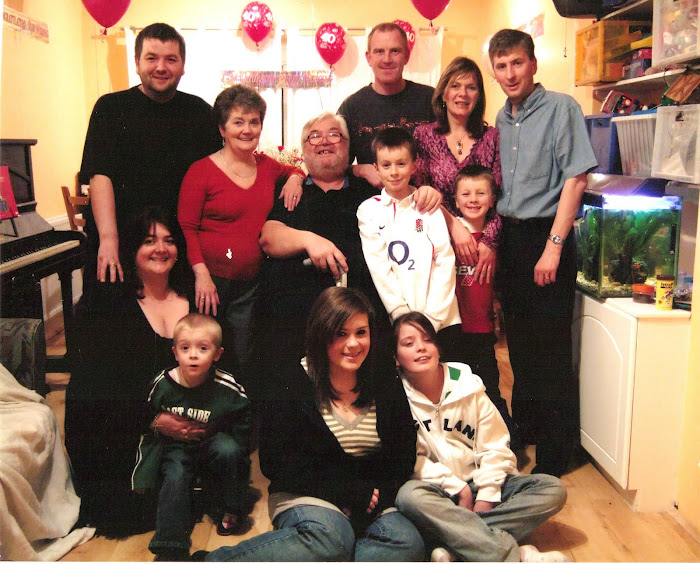The Irish Times
Tuesday, April 7, 2009
The great things about grandparents
PADRAIG O'MORAIN
Grandparents are a great source of stability, friendship and guidance for their grandchildren
WHEN WE think of grandparents’ involvement with their children, we often think of the experience as primarily being one that meets the grandparents’ needs. The doting grandparent seems to get more out of the transaction than the child. But there is now a whole body of information, including some very interesting new research from the UK, suggesting that the main beneficiaries are the children themselves.
This is especially so, it seems, where the parent with whom the children are living is a lone parent or where they live in stepfamilies.
A stepfamily is one in which only one of the parents is the biological parent. The UK research was in relation to adolescents.
In fact, the research suggests that schools, courts, social workers and other institutions should be very anxious indeed to promote the role of grandparents in relation to children.
Not only do grandparents provide friendship and guidance for their grandchildren but they can also be a continuous presence in the life of the child and thereby provide stability as parents are splitting up or changing partners.
Grandparents also operate as an influence on the behaviour of the parents, encouraging them to act in ways that are good for the children.
With people living longer and with the traditional family in decline (at least for now), grandparents are becoming more and more important in the lives of their grandchildren.
I suppose we might all assume that the children who benefit most from the involvement of grandparents are those who are living in lone-parent families. Not so. To my surprise, it is the children living in stepfamilies who are most likely to benefit from the ongoing involvement of grandparents, according to the research.
This has obvious implications for a society like ours in which the break up of marriages and the formation of new families is increasingly common.
It suggests that in stepfamilies the children are at greater risk of maladjustment or of having emotional difficulties than in lone-parent families. The antidote, if you like, is to ensure that the children’s biological grandparents remain involved with them.
From time to time we hear of the pain of grandparents excluded from involvement in the lives of their grandchildren following a marriage break-up.
What the research suggests is that such a situation is not just painful and unfair – it’s also plain stupid.
It removes from the grandchildren a support which could stand to them for the rest of their lives and without which they could suffer. As a general rule – perhaps too general – girls tend to have emotional difficulties where boys tend to have conduct difficulties. Of course, children in all sorts of families can have such difficulties. Therefore, in all sorts of families, involvement by grandparents should be encouraged but this is especially so in relation to children in stepfamilies and lone-parent families.
UK research also suggests that it is in the grandparents whom children confide most in the emotionally painful weeks after their parents separate.
Generally speaking, the grandchildren in such cases are more likely to be closer to their maternal than to their paternal grandparents. This presumably is because custody of the children almost always goes to the mother.
Closeness to paternal grandparents seems to be especially helpful to girls, less so to boys. And closeness to grandparents also tends to lessen the likelihood of depression. Grandparents care for their grandchildren, they play with them, they advise them and they befriend them. No wonder, therefore, that a relationship with grandparents is of such great importance to children.
Grandparents also occupy a unique role in relation to the child’s parents.
In the child’s eyes, the grandparent is more powerful than the parent because the grandparent is the parent’s parent.
At the same time, the grandparent may be inclined to indulge the child more than his or her own father or mother might do. Therefore, the child will see the grandparent as very much on his or her own side and, at the same time, see this person as an authority figure to be treated with respect.
The British study involving 1,500 secondary school children from England and Wales is published in the Journal of Family Psychology.
Padraig O’Morain is a counsellor. His book, That’s Men the best of the That’s Men column from The Irish Times , is published by Veritas
This article appears in the print edition of the Irish Times
Wednesday, April 8, 2009
Subscribe to:
Post Comments (Atom)

No comments:
Post a Comment